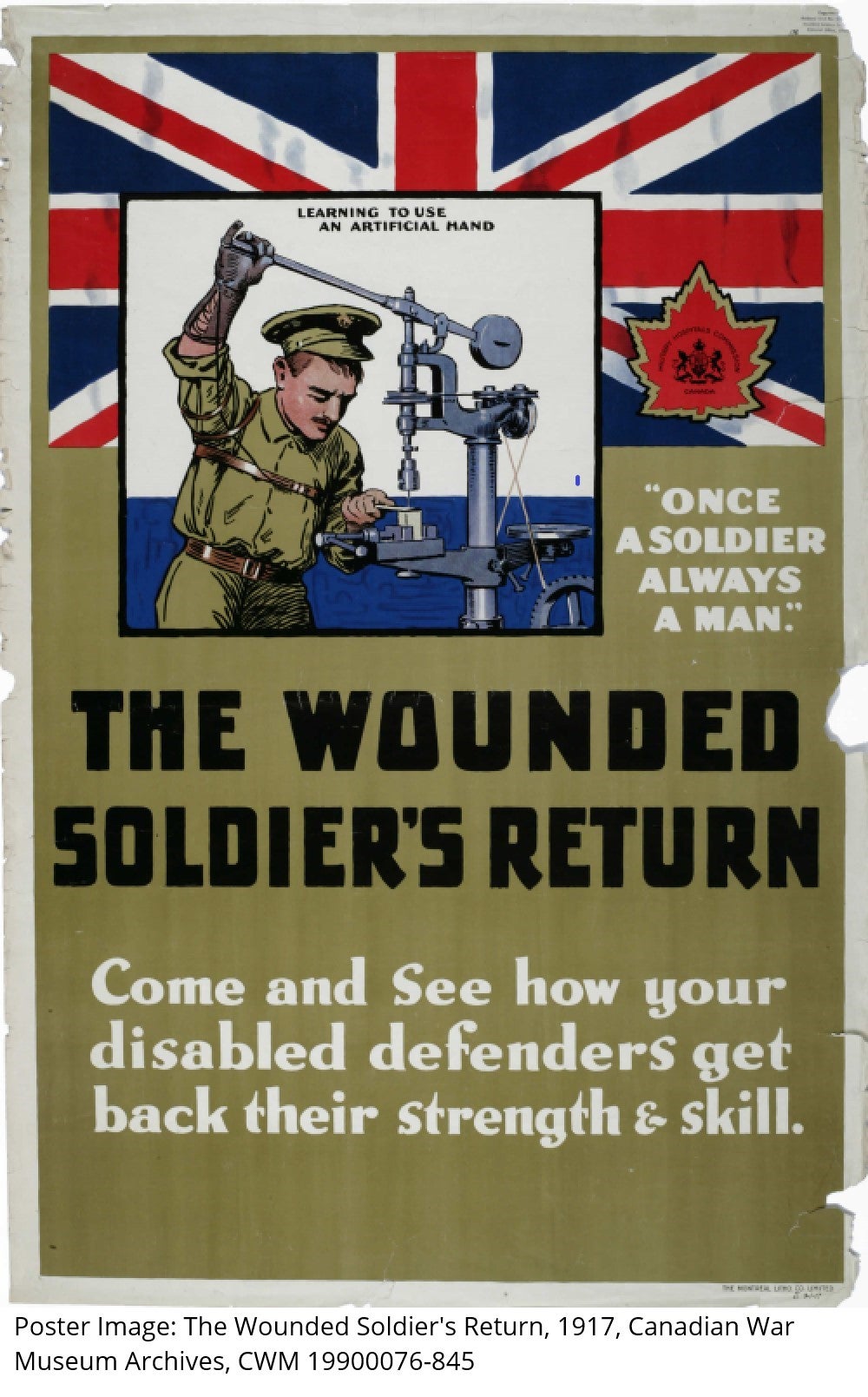
Eric Story, PhD candidate in History based at Wilfrid Laurier University, recently won two writing awards.
Story won the Canadian Historical Review’s (CHR) Best Article Prize for 2021 for his article, “The Indigenous Casualties of War: Disability, Death, and the Racialized Politics of Pensions, 1914–39,” published in June 2021. His paper discusses the racist discrimination Indigenous veterans and their families faced in attempting to draw pensions from the state for the suffering they endured as a result of the First World War. It shows how those same veterans and family members pushed back against discrimination by laying claim to their rightful position as war casualties—no different than any other disabled soldier or grieving family member who lost a son, brother, or husband while fighting in the war.
In their announcement in the June 2022 issue, the editorial board of the CHR explains that the prize is “awarded annually to the article that best demonstrates the finest qualities of advanced historical scholarship: an original and compelling argument that engages and contributes to the historiography, deep research and analysis usually engaging primary sources, and well-crafted writing.”
Story’s “thoughtful analytical framework … provides a concrete example of systemic racism at work within Canadian bureaucracy, as well as the efforts of Indigenous men and women to assert their own agency,” states the CHR announcement.
Also in June 2022, Story was awarded the H.N. Segall Prize for best student paper submitted to the Canadian Society for the History of Medicine Conference held June 4-5 on the theme Public Histories of Health and Medicine. His paper was entitled, “A Disability History of Tuberculous Veterans after the First World War.” The paper focused on tuberculosis as a disability instead of a disease to be prevented, diagnosed and treated, and did so through the experiences of tuberculous veterans after the First World War. As the state attempted to construct the posterchild of post-war disability as a veteran with an amputated limb, tuberculous veterans forcefully argued that their disability—though “invisible”—was just as legitimate as those with "visible” disabilities and thereby required specialized hospital treatment and after-care.
The Canadian Society for the History of Medicine established the Segall Prize soon after the death of Dr. Harold Segall in 1990. The prize honours this distinguished 20th century cardiologist who was one of the founders of the Canadian Heart Association and was deeply interested in medical history.

“Eric’s work on disability, Indigeneity, and racism in Canadian military history is timely, important, and innovative. On behalf of the Tri-U, I congratulate Eric on the significant recognition of his scholarship through these two awards,” says Dr. Jane Nicholas, the Tri-U Graduate Program in History Director.
Story’s current research focuses on the social history of tuberculosis during and after the First World War in Canada. He is also the Outreach Manager and Copp Scholars Program Coordinator at the Laurier Centre for the Study of Canada. He is supervised by Dr. Mark Humphries.